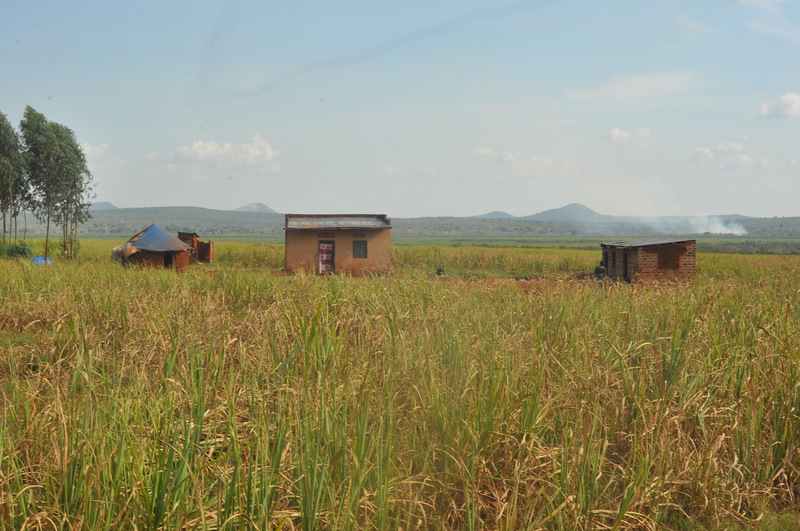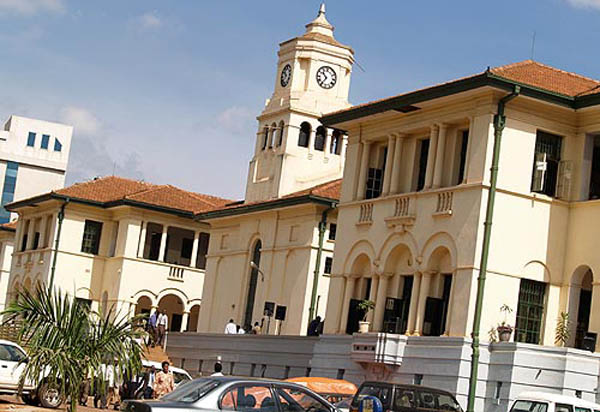(Kampala) – Uganda’s moneylenders have rejected the newly passed Tier 4 Microfinance Institutions and Money Lenders Bill, 2024, which now awaits the President’s signature to become law. The bill grants the minister responsible for the microfinance sector the authority to regulate and set limits on the interest rates moneylenders can charge.
The Uganda Moneylenders’ Association, represented by its chairman Mr. Ben Kavuya, has voiced strong opposition to the bill, arguing that the government should not have control over what they consider to be private business. Kavuya emphasized that moneylenders raise their own capital to lend, unlike deposit-taking institutions that have access to customer deposits. He questioned why the government would impose interest rate caps on businesses that rely on personal funds rather than public savings.
“This is a liberal economy, and people raise their own capital to lend; we should not be restricted,” Kavuya said. He argued that the government should only regulate the interest rates for financial institutions that use public deposits, such as banks and microfinance institutions, and not for those who fund their lending operations independently.
Kavuya further criticized the idea that the Minister of Finance, Planning, and Economic Development could dictate how moneylenders use their capital, calling it an overreach. He suggested that the government should focus on capping interest rates for government-backed loans, such as those used in poverty alleviation programs like the Emyooga initiative.
The debate surrounding the bill gained momentum in Parliament, with Bunyole East County MP Yusul Mutembuli moving a motion to have the Minister of Finance impose a cap on the interest rates charged by moneylenders. Mutembuli argued that capping interest rates would protect borrowers from exorbitant rates, often described as predatory, which moneylenders are known to charge.
The Attorney General, Mr. Kiryowa Kiwanuka, amended the motion to specify that the Minister of Finance would issue a notice in the Gazette to set a maximum interest rate, with the first notice due within 60 days. The proposal received strong backing from several MPs, who highlighted the devastating impact of high interest rates on borrowers, including cases of suicide and loss of property.
According to the Parliamentary Committee on Finance, the current lending practices of moneylenders are unsustainable for borrowers. The committee noted that the interest rates charged by moneylenders, which can reach up to 120 percent annually, are significantly higher than those of commercial banks, which average around 18.3 percent. The committee argued that such high rates have pushed many borrowers into debt traps, leading to foreclosure and financial ruin.
The committee’s report also criticized the Ministry of Finance for failing to implement Section 89 of the Tier 4 Microfinance Institutions and Money Lenders Act, 2016, which mandates the capping of interest rates. Despite the law being passed eight years ago, the provision has yet to be enforced. The committee urged the government to take immediate action to operationalize this aspect of the law.
The government, through the Ministry of Finance, has expressed support for the capping of interest rates, citing the negative effects on borrowers. State Minister for Finance, Mr. Amos Lugolobi, stated that the government could no longer ignore the exploitation of borrowers by unscrupulous moneylenders. He explained that the government would focus on regulating moneylenders who engage in unfair practices, while allowing legitimate businesses to continue operating under controlled interest rates.
Mr. Lugolobi acknowledged that genuine moneylenders would not be adversely affected by the new law, as they would be allowed to operate within a regulated framework. He reassured the public that the government would take a balanced approach, ensuring that the interest rate caps do not harm responsible lending businesses while protecting borrowers from predatory practices.
By the end of 2023, the Uganda Microfinance Regulatory Authority (UMRA) had licensed 1,802 institutions, with 1,402 of them being moneylenders. The growing number of licensed institutions has raised concerns about the sustainability of lending practices in Uganda, prompting calls for stronger regulatory oversight.
Under Section 89 of the Tier 4 Microfinance Institutions and Moneylender’s Act, 2016, the court can intervene in moneylending agreements if it finds that the interest rates or charges are excessive. The court can adjust or cancel agreements, providing relief to borrowers who are being unfairly burdened.




















